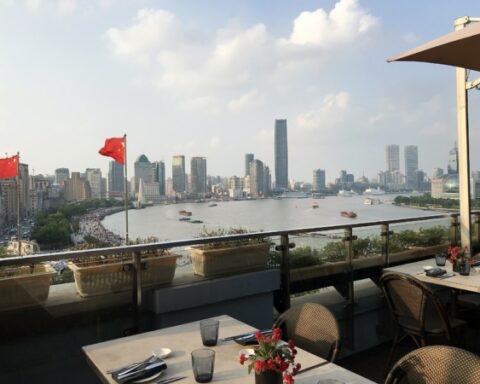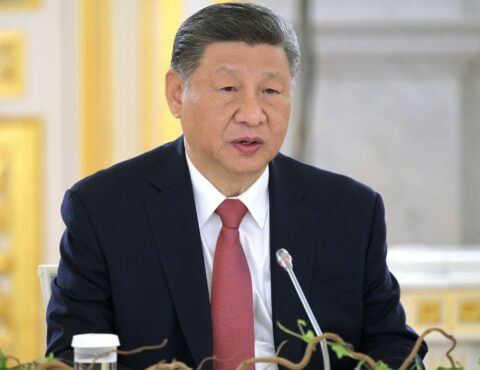The fragile trade truce between the United States and China is now reportedly in jeopardy, as Beijing’s slow progress in approving rare-earth exports has sparked accusations from Washington that China is failing to uphold its commitments.
The agreement, reached earlier this month in Geneva, was contingent upon Beijing’s concession regarding critical minerals, according to sources familiar with the negotiations.
U.S. trade negotiators, led by Treasury Secretary Scott Bessent and Trade Representative Jamieson Greer, presented a demand to Chinese Vice Premier He Lifeng: resume rare-earth exports in exchange for a 90-day suspension of tariffs.
He accepted this demand during the final hours of prolonged discussions, leading to a temporary reprieve from the extensive tariffs both nations had imposed on each other.
The announcement of the deal was met with enthusiasm from global investors and businesses, who welcomed the prospect of reduced trade tensions.
However, since the Geneva meeting, China has been accused of delaying the issuance of export licenses for rare earths and other essential elements used in manufacturing cars, chips, and various products.
On Friday, President Trump publicly criticized China for what he termed a “total violation” of the agreement.
In a post on his social media platform, Truth Social, he stated, “China, perhaps not surprisingly to some, HAS TOTALLY VIOLATED ITS AGREEMENT WITH US.” Greer echoed these sentiments, noting that China was “slow-rolling” its compliance, specifically regarding rare-earth minerals.
The situation has become increasingly complex for He, who serves as a key economic advisor to Chinese leader Xi Jinping.
His willingness to adhere to China’s rare-earth commitments seems to have waned after the U.S. Commerce Department issued a warning on May 12 about the use of Huawei Technologies’ Ascend artificial-intelligence chips globally. Beijing interpreted this as renewed U.S. aggression, prompting complaints to Washington.
In response, U.S. officials clarified that the warning was merely a reiteration of existing policy and urged China to fulfill its obligations under the Geneva agreement.
However, these entreaties have yet to persuade He and Xi, as Beijing continues to stall on the necessary license approvals.
This evolving narrative sheds light on the precarious status of the Geneva accord, which now appears to be on the verge of collapse.
The U.S. and China are increasingly engaging in economic warfare, seeking leverage through non-tariff measures.
The Trump administration’s assertions come amid growing concerns from U.S. companies, particularly in the automotive sector, about the delays in rare-earth export licenses.
Industry leaders have warned that without expedited approvals, auto plants could face shutdowns akin to those experienced during the pandemic, underscoring the critical importance of these minerals in modern manufacturing. The stakes are high, and both nations must navigate these tensions carefully to avoid further escalation.
[READ MORE: King Charles Tries to Defend Canada From Trump]









